
This year’s Cannes Lions has been marred by controversy, with multiple campaigns withdrawn over manipulated content and questionable claims, raising serious concerns about the role of AI and truthfulness in awards submissions.
Cannes Lions is no stranger to controversy, but this year the debate took on a distinctly AI-shaped form. While the industry has previously grappled with scam ads, inflated effectiveness metrics, and fabricated outcomes, 2025 marked a turning point: a Grand Prix had to be revoked for using AI to simulate results.
The case that triggered the backlash was DM9’s 'Efficient Way to Pay' for Whirlpool's Consul brand. It was stripped of both its Creative Data Grand Prix and a Bronze Lion in Creative Commerce after the agency admitted to AI-generated and manipulated footage.
In response, Cannes Lions has announced a sweeping overhaul of its awards framework. From 2026, all entries will be subject to new integrity standards designed to uphold authenticity and trust in an era where synthetic media and AI-generated content are blurring the lines between fiction and reality.
“The industry landscape is changing at lightning speed,” said Simon Cook, CEO of Lions. “And, in common with the rest of the industry, Cannes Lions is adapting at pace to meet this.”
The revised framework aims to re-establish credibility through rigorous checks and accountability. According to Cook, “At the heart of the Lions is creativity that drives growth. These renewed standards reflect our responsibility to both provide a platform for, and protect the value of creativity, and reinforce that creative excellence should be synonymous with creative integrity.”
The new integrity standards
The upcoming measures, effective from 2026, are grouped into five core pillars. The first is ‘Ownership and authorship’ where each submission must now be approved by both the entrant’s business leader and a senior marketer from the commissioning brand. These sign-offs confirm that the case film, claims, and results are accurate, responsibly sourced, and rooted in reality.
Next up is establishing ‘Veracity of claims’. Cannes Lions will employ a hybrid verification system combining manual checks and AI analysis. Juries will also have access to independent data experts to verify campaign effectiveness, media impact, and data integrity.
This approach is formalised through the new AI Integrity Handbook, which sets out disclosure norms, acceptable practices, and breach definitions. This handbook is being positioned as an industry-wide standard.
As ‘Consequences of misrepresentation’ entries can be withdrawn or disqualified at any stage, including post-award. Offending agencies may be banned from the competition for up to three years. Jury eligibility could also be revoked. All sanctions will undergo independent review to ensure neutrality.
As part of the ‘Due process and oversight’, escalated cases will be handled by a newly formed Integrity Council composed of legal and ethical experts. Entrants have the right to appeal and provide supporting evidence. To reiterate ‘Transparency in governance’ Cannes Lions will release an annual Integrity Audit outlining flagged entries and systemic improvements, adding a layer of public accountability to the process.
“Creativity is only valuable if it’s credible,” said Cook. “And credibility must be earned, not assumed. These timely changes mark the beginning of a new era for us all - not just for Cannes Lions, but for the future state of global creative marketing.”
The fallouts that prompted change
The DM9 incident triggered a domino effect of sorts. CNN Brasil, whose footage was manipulated in the campaign’s case film, lodged a formal complaint, although it declined further action following DM9’s public apology.
Another campaign under scrutiny was LePub São Paulo’s ‘Followers Store’ for New Balance and São Paulo FC, which won a Bronze Lion. Investigations by Brazilian journalist Demétrio Vecchioli found no evidence of the campaign’s presale or cited metrics. Several referenced media outlets either did not report on the campaign or no longer existed, and influencer content may have been edited without disclosure. New Balance stated it had not approved the case film, prompting LePub to initiate an internal probe.
Meanwhile, Africa Creative DDB São Paulo's 'One Second Ads' for Budweiser faced public backlash for exploiting ultra-short music clips to sidestep licensing fees. Although not breaching any formal rules, the campaign drew a public apology from Ambev, Budweiser's parent company.
Sneha Joshi, a young copywriter who attended Cannes Lions for the first time this year, feels frustrated that case films "win for presentation, not substance”. She said, “Awards increasingly feel like a celebration of polish over purpose — where style trumps truth. This isn’t just about creative exaggeration; it’s about a system that often ignores the quiet, consistent work that actually drives results. There’s a growing gap between the industry’s recognition culture and its real impact. Maybe it’s time to question whose applause we’re actually chasing.”
Industry at an inflection point
These recent incidents have reignited long-standing concerns about gaming the system to win accolades. But the bigger issue is technological.
With the advent of generative AI, it's increasingly difficult to distinguish between authentic creativity and algorithmic assembly. Even leading industry leaders have remarked about this. “95% of what marketers use agencies, strategists, and creatives for today will be handled by AI — nearly instantly and at almost no cost,” said Sam Altman, CEO of OpenAI.
In a recent interview with Ben Thompson, Meta CEO Mark Zuckerberg added, “Brands will soon tell us the outcome they want and how much they’ll pay. Then we’ll just do the rest.”
This shift has profound implications for creative awards. If synthetic media can convincingly simulate human-generated content, where do we draw the line between storytelling and fabrication? Cannes Lions’ new integrity standards attempt to answer that.
A senior ad agency professional cautioned that AI can't be an excuse for distorting campaign results. Agencies must hardwire safeguards into every stage of content creation—from social posts to creative execution.
“Trust is fragile,” the professional said. “With consumer scepticism already high, any breach of authenticity can undo years of brand-building in a heartbeat. Integrity needs to be non-negotiable.”
The AI reckoning
From synthetic video to predictive copy, AI is remaking the building blocks of creative campaigns. But as the Cannes Lions controversy shows, it also raises fundamental questions about attribution, transparency and value.
The stakes are high. At this year’s festival, Interbrand revealed that Lion-winning brands saw a 2.7% rise in profitability and a 4.7% increase in market capitalisation in the year following their wins. Creative accolades still correlate with business impact.
Yet, if the credibility of these accolades is undermined, their value – and the legitimacy of the industry itself – is at risk. That’s why these new standards by Cannes Lions matter. They aren’t just rules; they’re a recognition that AI has changed the game, and that the industry must evolve or risk losing the very benchmark it relies on, which includes campaign effectiveness.
Joshi pointed out that effectiveness is often treated as window dressing rather than a core metric. “The case studies are crafted more to impress juries than to reflect true outcomes,” she said. “It’s rarely about what the work achieved—just whether it looks impactful. Without pressure to prove substance, most would happily skip the performance narrative altogether.”
In this sense, Cannes Lions’ renewed guardrails are as much about future-proofing the industry as they are about managing reputational risk.
AI has made the creative process faster, more data-driven and more scalable. But the Cannes Lions reforms underscore the need for intentionality, verification and ethical boundaries. In a world where almost anything can be faked, the truth becomes a creative asset in itself.
These new integrity measures are not about resisting AI, but about designing a responsible future with it. As AI continues to embed itself in every layer of marketing, the role of awards shows like Cannes Lions will shift from just celebrating creativity to actively defining and defending it.
Cannes Lions is placing a bet that the future of creativity isn’t just about what can be imagined, but what can be verified. And that might just be the recalibration the industry needs.


.jpg&h=334&w=500&q=100&v=20250320&c=1)



.jpg&h=334&w=500&q=100&v=20250320&c=1)





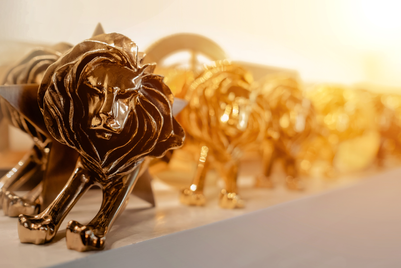
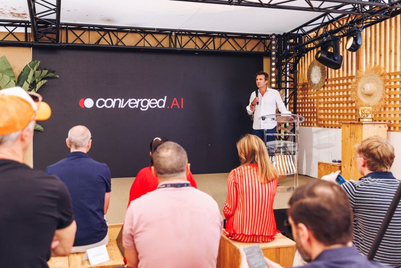
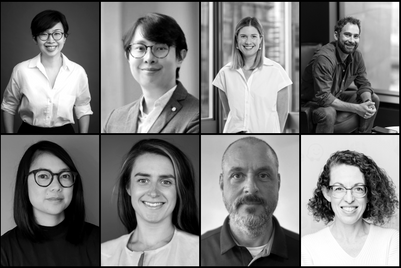
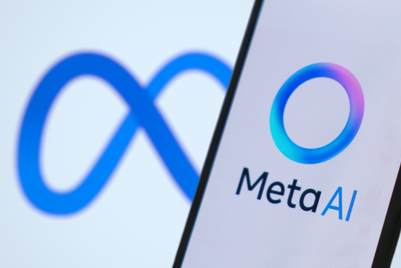
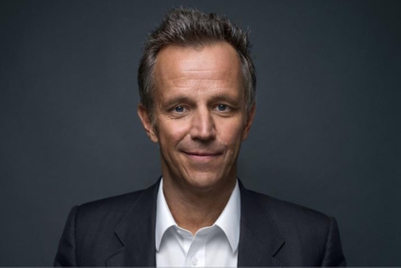
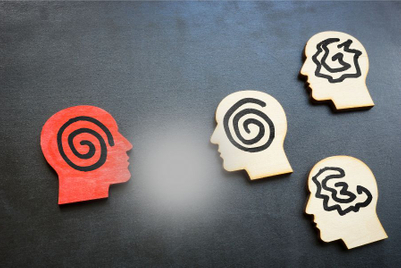
+announced+that+Sandeep+Mehrotra%2c+head+of+ad+sales+-+network+channels%2c+will+exit+the+company+for+personal.jpg&h=268&w=401&q=100&v=20250320&c=1)

